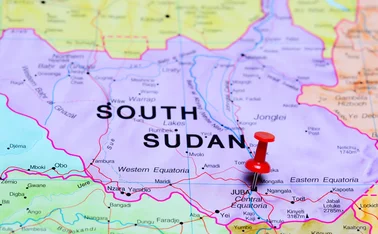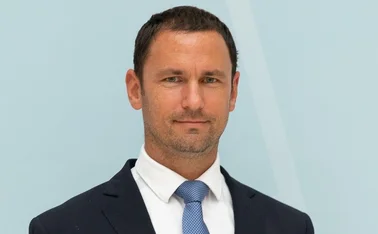
Hans Tietmeyer, 1931-2016
Bundesbank president played key roles in Germany and Europe

Hans Tietmeyer, former president of the Deutsche Bundesbank, died on December 27. He was the Bundesbank's leader during both the latter stages of German reunification and the adoption of the European single currency, and also played a significant role in global financial regulation.
Tietmeyer joined the board of the Bundesbank in 1990, becoming the bank's vice-president the following year. In 1993, he succeeded Helmut Schlesinger as the Bundesbank's president, serving until August 1999.
He took
Only users who have a paid subscription or are part of a corporate subscription are able to print or copy content.
To access these options, along with all other subscription benefits, please contact info@centralbanking.com or view our subscription options here: www.centralbanking.com/subscriptions
You are currently unable to print this content. Please contact info@centralbanking.com to find out more.
You are currently unable to copy this content. Please contact info@centralbanking.com to find out more.
Copyright Infopro Digital Limited. All rights reserved.
As outlined in our terms and conditions, https://www.infopro-digital.com/terms-and-conditions/subscriptions/ (point 2.4), printing is limited to a single copy.
If you would like to purchase additional rights please email info@centralbanking.com
Copyright Infopro Digital Limited. All rights reserved.
You may share this content using our article tools. As outlined in our terms and conditions, https://www.infopro-digital.com/terms-and-conditions/subscriptions/ (clause 2.4), an Authorised User may only make one copy of the materials for their own personal use. You must also comply with the restrictions in clause 2.5.
If you would like to purchase additional rights please email info@centralbanking.com







